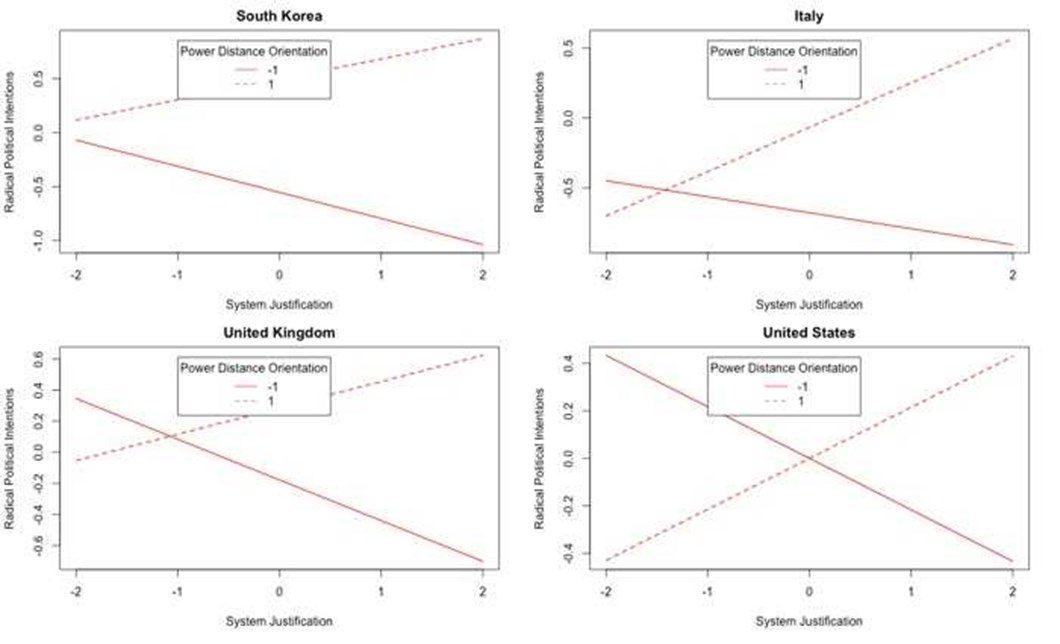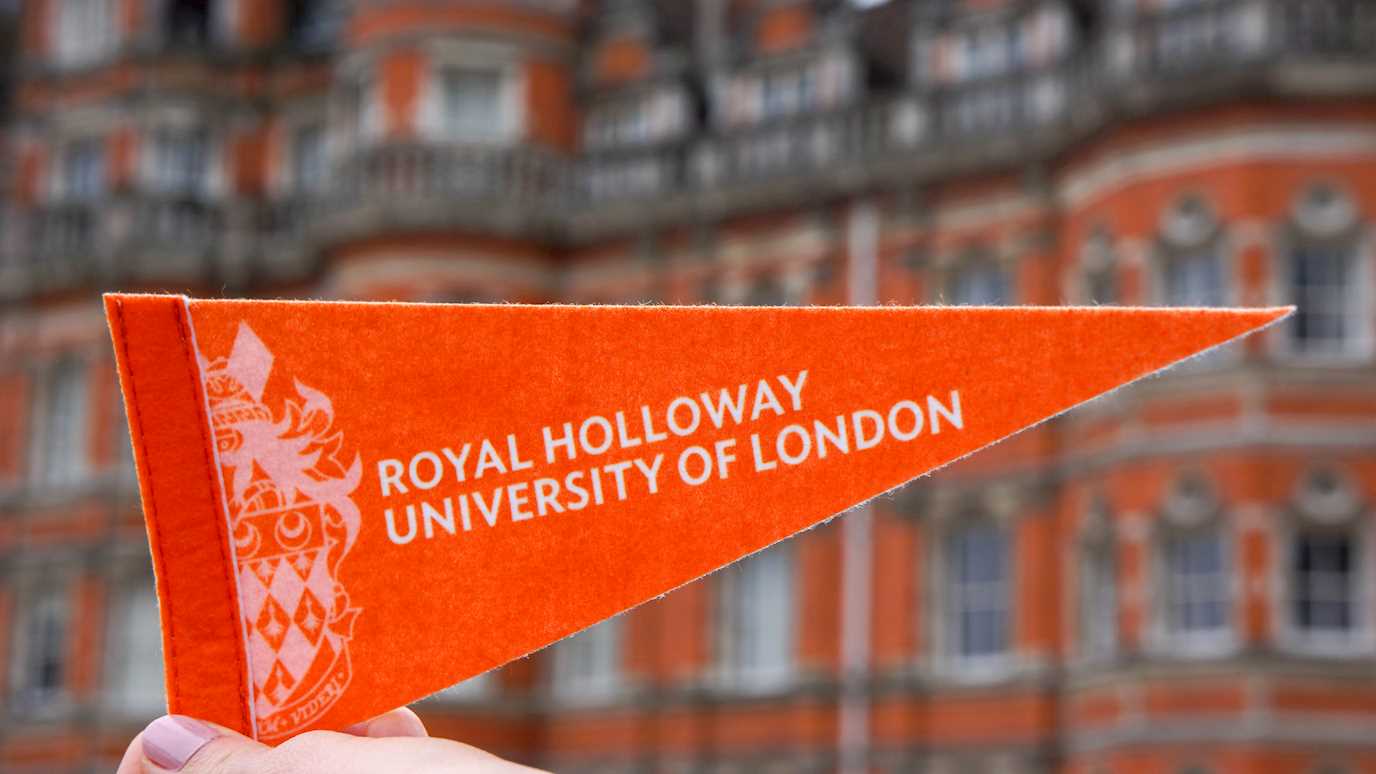A comparative study of four societies demonstrated that individuals who endorse social and political arrangements might turn violent against the system when they feel distant from authorities.
Radical violence against the political system can endanger democracy and profoundly damage the fabric of society. We have witnessed many violent attacks against political institutions in the last few years. One of the most striking was the attack on Capitol Hill on January 6th 2021. Rioters vandalized and looted the seat of the legislative branch of the U.S. Federal Government, the Capitol Building in Washington, D.C. They terrorized fellow citizens and security guards, causing substantial economic damage. Their actions were very detrimental to the U.S. reputation worldwide.

Surprisingly, few empirical studies have investigated the psychological drivers of radical intentions against political institutions. In a recent research published in Political Psychology, we examined the predictors of political radicalization against the system in samples from four democratic societies characterised by different political, social and cultural profiles, Italy, South Korea, the U.S. and the U.K.
We were especially interested in how people's endorsement of the system, namely their tendency to justify political and social arrangements, might have been linked to the intentions of engaging in radical political action. We expected that people who endorsed the system would also be less likely to attack it violently. However, as demonstrated in prior research, system endorsement is often grounded in feelings of dependency. People tend to endorse the system more strongly when they depend on it for various outcomes and benefits.
Dependency entails vulnerability, and people typically strive for autonomy. Work conducted in clinical psychology suggests that feelings of dependency may sometimes trigger the violent rejection of the object on which people depend, a phenomenon known as counterdependency. Might a similar dynamic also occur in people's relationship with political institutions? And what may trigger the shift from dependency to counterdependency in the political setting?
In our studies, we investigated whether people's orientation towards hierarchies, precisely their feelings of distance from authorities, could be responsible for the shift from dependency to counterdependency. The construct of "power distance orientation" describes variation among individuals in the acceptability of power differentials. People characterised by a lower power distance orientation tend to perceive the system as more malleable, whilst people with a higher power distance orientation are more likely to perceive the system as fixed.
We reasoned that feeling dependent on a malleable system would result in lower intentions to violently attack the system. By contrast, feeling dependent on a system that is seen as fixed would be associated with "counterdependency", the violent rejection of the system. This is because people who feel more dependent on an unchangeable system would see no other way to obtain change.
Our results supported this reasoning. Individuals' power distance orientation modified the relationship between their tendency to justify the system and their radical intentions.

When individuals' power distance orientation was lower, we found the expected negative link between system justification and radical intentions. The more people endorsed the system, the lower their intentions to seek change via radical action (the solid line displayed in the figure below) However, the association between the variables became positive at higher levels of power distance (the dashed line). The more people reported they endorsed the system, the higher their intentions to attack it violently. This shift from dependency to counterdependency emerged in all four societies included in our analysis, demonstrating the generalizability of our findings across settings and cultures.


The findings clarify some of the drivers of radicalisation against the political system across societies. The results stress the importance of tackling people's orientation towards hierarchies, precisely their feelings of distance from authorities. Political leaders should strive to reduce this distance and ensure that people are aware of the channels they can use to pursue change.
This research was authored by Prof. Giovanni Travaglino and Dr Chanki Moon.
Travaglino, G. A., & Moon, C. (in press). The Dependency-Counterdependency dynamic: Interactive effects of system justification and power distance orientation on radicalization against the political system. Political Psychology. https://doi.org/10.1111/pops.12863
Other relevant articles:
Travaglino, G. A., & Moon, C. (2020). Power distance orientation as an antecedent of individuals’ intentions to engage in radical political action. Group Processes & Intergroup Relations, 23(8), 1283–1308. https://doi.org/10.1177/1368430220921940

























